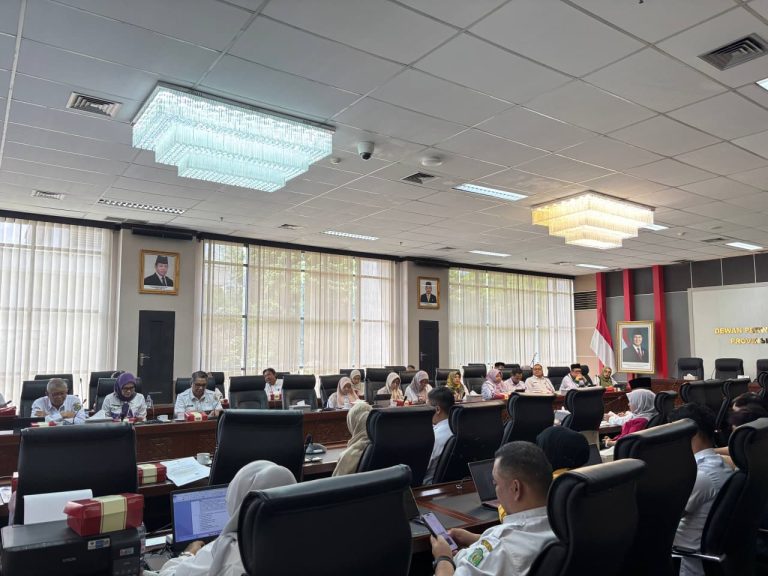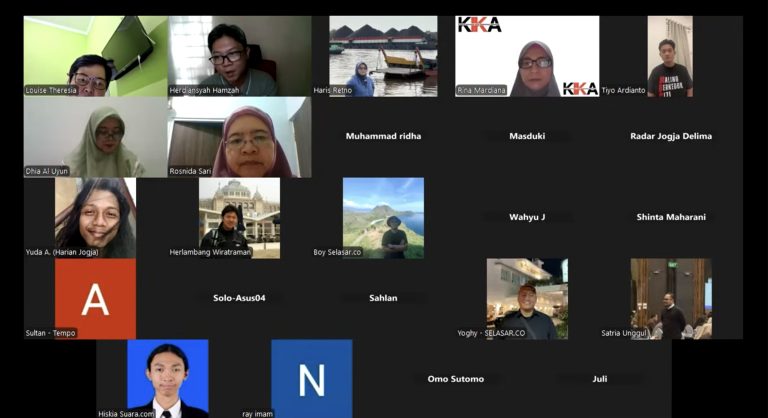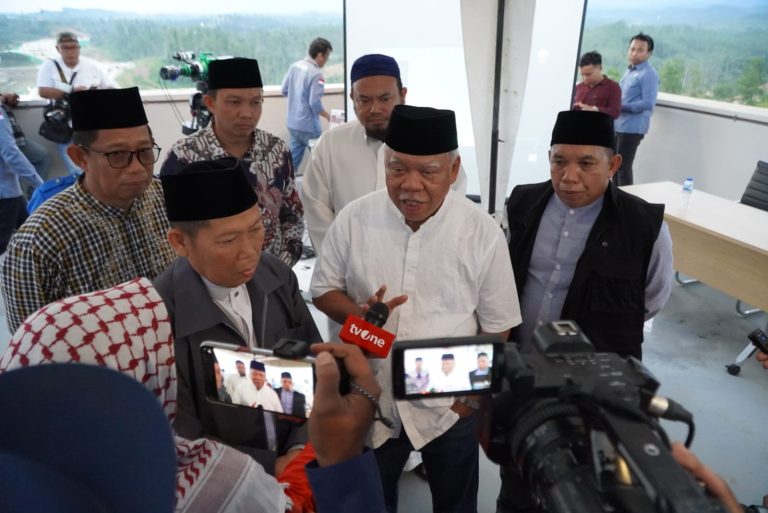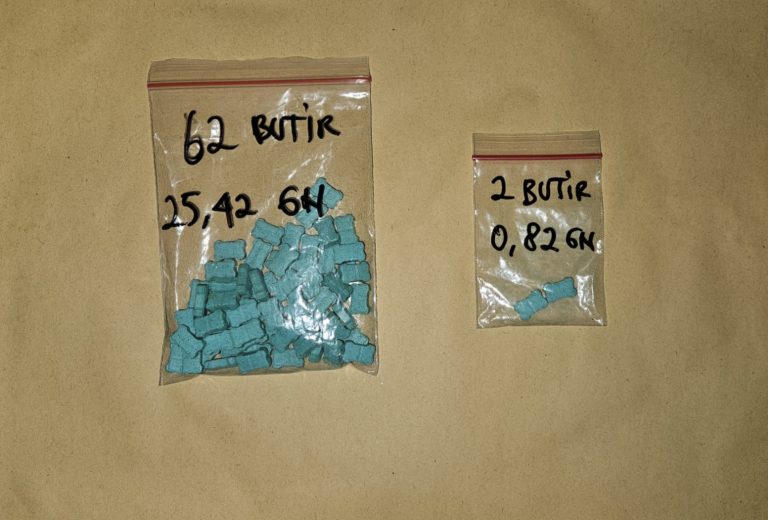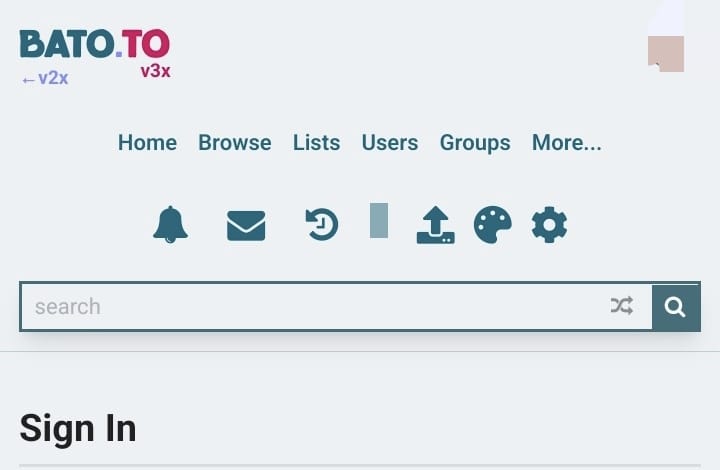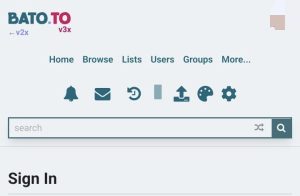Samarinda, Sketsa.id – Every May 1st, Indonesia joins the global community in commemorating Labor Day, a day dedicated to honoring the contributions of workers and advocating for their rights. In 2025, Indonesia’s Labor Day resonates with renewed vigor, as workers, unions, and civil society unite to celebrate achievements, address persistent challenges, and push for a more equitable future in the nation’s labor landscape.
A Historical Perspective
Labor Day, globally known as May Day traces its origins to the 19th-century labor movement in the United States, where workers demanded an eight-hour workday. In Indonesia, the commemoration of Labor Day began gaining traction during the Dutch colonial era, but it was not until 2013, under President Susilo Bambang Yudhoyono, that May 1st was officially recognized as a national public holiday.
Since then, the day has served as a platform for peaceful demonstrations, dialogues, and community initiatives led by labor unions and worker advocacy groups.
This year, Indonesia’s Labor Day is anchored on the theme “Workers’ Welfare, Social Justice.” The theme underscores the pressing need to address critical issues such as fair wages, social security, workplace safety, and protections for the vast informal workforce. As Indonesia navigates the complexities of a rapidly evolving digital economy and global challenges, the call for inclusive, worker-centric policies has grown louder.
Labor Day 2025 shines a spotlight on several urgent concerns facing Indonesia’s workforce:
• Wage Disparities and Minimum Standards<span;>: While minimum wage policies are in place across various regions, many workers, particularly in the informal sector, continue to earn below a living wage. The rising cost of living has outpaced wage adjustments, exacerbating economic inequality.
• Social Protection Gaps: Access to healthcare, pensions, and other social security benefits remains limited for millions of informal and gig economy workers, leaving them vulnerable to economic shocks.
• Workplace Safety: Occupational hazards persist in industries such as construction and manufacturing, necessitating stronger enforcement of safety regulations.
• Digital Economy Challenges: The rise of platform-based work has created new opportunities but also raised concerns about job security, fair compensation, and workers’ rights in the gig economy.
Across Indonesia, Labor Day 2025 is marked by a range of activities, from peaceful marches in Jakarta, Surabaya, and other major cities to seminars and community outreach programs. Labor unions, such as the Confederation of Indonesian Trade Unions (KSPI), are leading efforts to engage policymakers, urging reforms that prioritize workers’ dignity and economic security.
Meanwhile, grassroots organizations are focusing on empowering marginalized workers, including women and migrant laborers, who often face disproportionate challenges.
As Indonesia strives to balance economic growth with social equity, Labor Day 2025 serves as a powerful reminder of the collective strength of its workforce. The government, private sector, and civil society must collaborate to address systemic issues and ensure that every worker enjoys fair treatment, adequate protections, and opportunities for growth.
By fostering solidarity and championing justice, Indonesia can pave the way for a labor market that truly reflects the nation’s aspirations for progress and inclusivity.
This May Day, as workers raise their voices in unity, the message is clear: the fight for workers’ rights is far from over, but the path forward is one of hope, resilience, and shared commitment to a better future.(*)





